Country of Origin: Japan
Leaf Appearance: small, needle-like. very pale in color
Steep time: 90 seconds
Water Temperature: 160 degrees
Preparation Method: Tokoname kyusu
Liquor: very dark, almost black
I was a little unsure as to what category this tea belonged to. The name said white tea but it definitely looked more like a green tea. Innovations in tea processing create grey areas that don’t always fit into neat little boxes. My first thought was that it might be made from a cultivar with light colored leaves, like Anji Bai Cha. It turns out that the leaves are so pale because the tea plants are shaded 100% for a few weeks before harvest. How cool is that!
Even traditionally shade-grown teas, like matcha and gyokuro, receive a small amount of light. Cutting off sunlight completely stops the process of photosynthesis. Have you ever tried to grow a plant indoors without any light source? The leaves that sprout will be a pale, ghost-like color in comparison to a normal plant. I’m pretty sure I did a science fair project on this at some point.
One thing I love about Ikkyu’s offerings is the beautiful packaging. This tea was no exception to that rule. Sturdy white paper with silver and gold foil was artfully folded around the bag of tea. I may just have to save it to make origami or some other craft.
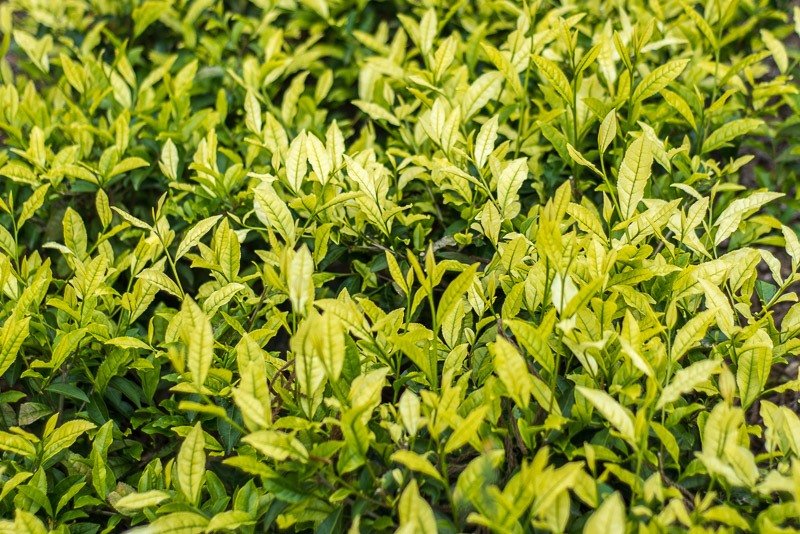
Leaf
The dry leaf was the polar opposite of what you would expect from gyokuro. Rather than being a deep shade of green, they were incredibly pale in color. I’ve never seen a Japanese tea that looked quite like this. The processing does seem like it was similar to gyokuro or a deeper steamed sencha. The leaves were small and somewhat broken with a needle shape. They had a subtle sheen and wonderfully fresh, vegetal aroma.
Liquor
This tea brewed up a deep yellowish green. It was cloudy like you might expect from a fukamushi sencha. The taste was incredibly savory with lots of umami, so much so that it almost came across as salty. It was vegetal but in a much soft and sweet way. There was no astringency to speak of but each sip felt very refreshing and clean. The aftertaste had a unique quality that I can only describe as clean linen. That might sound like an odd analogy but trust me when I say that it was very, very good.
Have you ever tried a “white” tea from Japan? Let me know
White Tea from Yame sample provided by Ikkyu
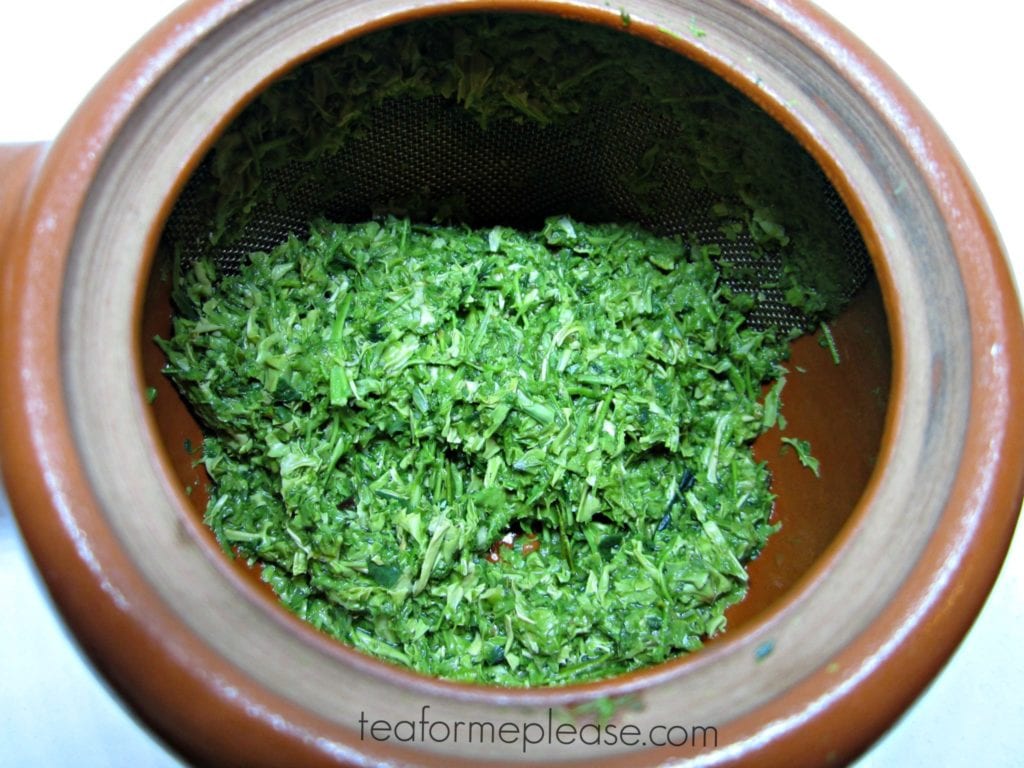
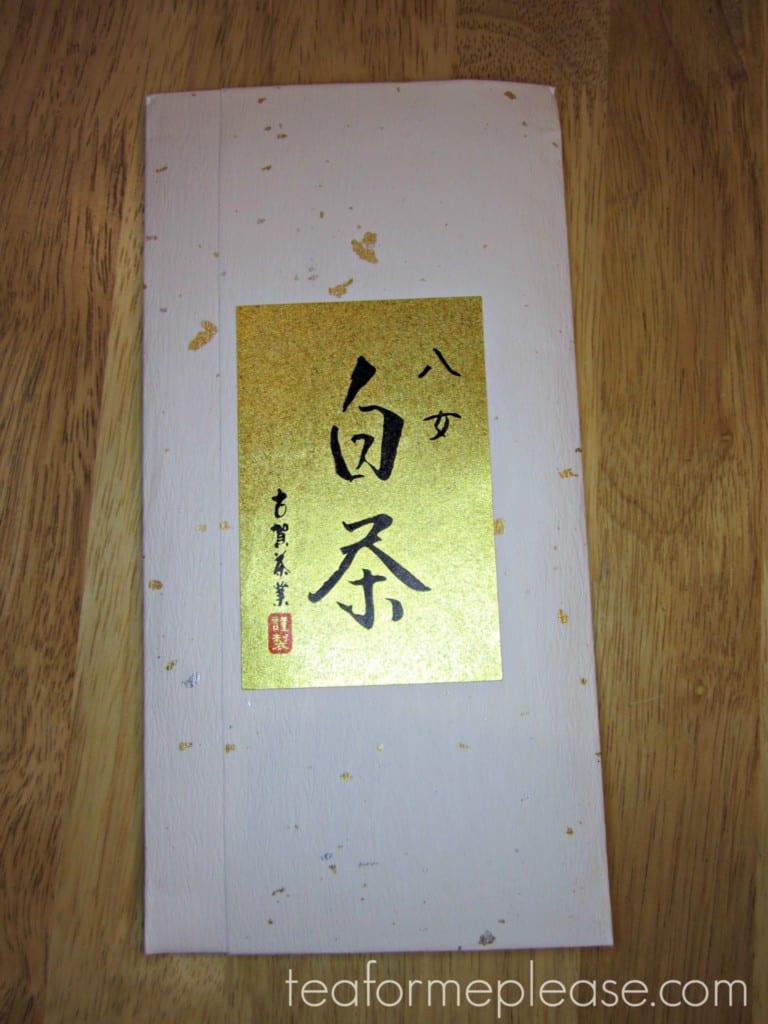
Others Teas I've Reviewed From Ikkyu
Ikkyu Ayumi High-Grade Sencha
High-Grade Sencha from Ikkyu was brothy and sweet with plenty of umami. It is a great choice whether you are a seasoned pro or new to Japanese teas.
Ikkyu Tomomi
Kamairicha is a traditional Japanese tea that is pan-fried rather than steamed. A nuttiness from the firing was present in this tea but it didn’t dominate the flavor profile.
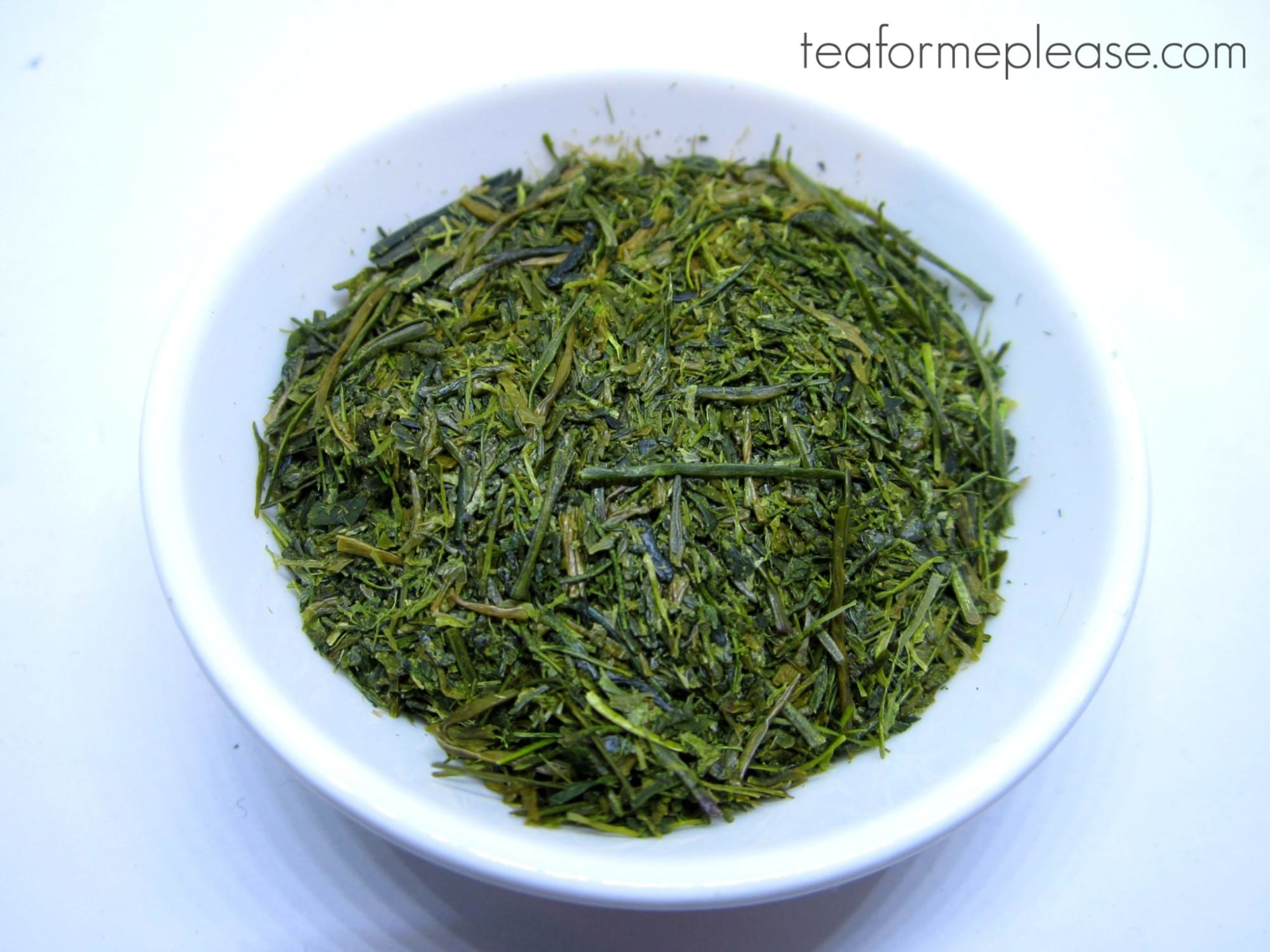
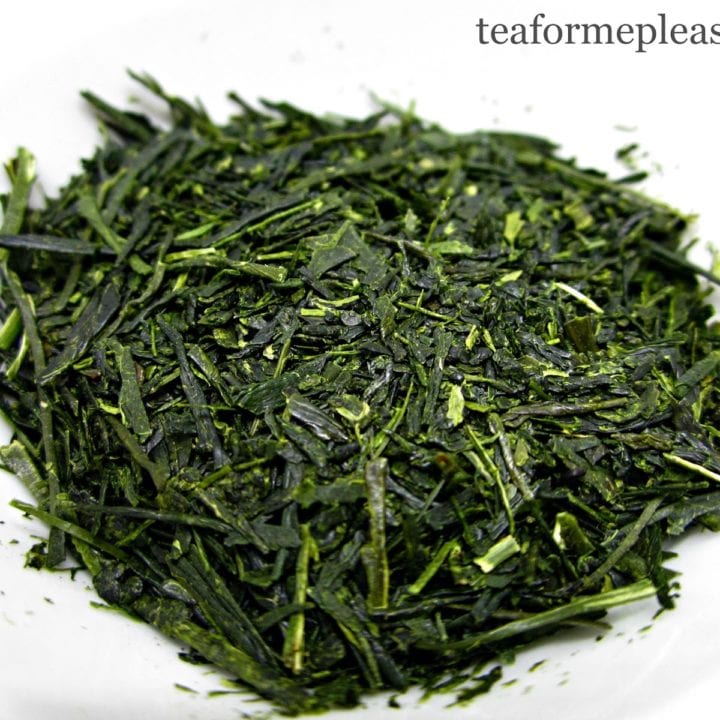
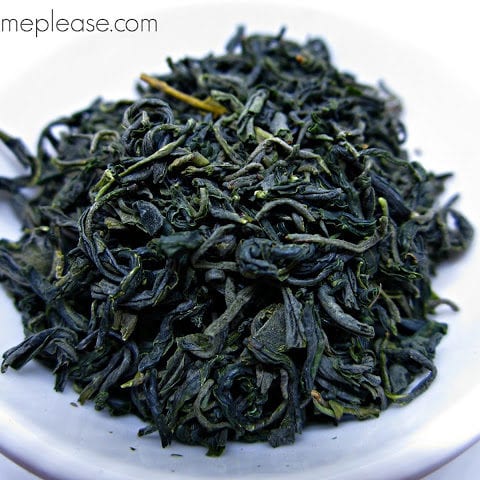
This sounds amazing! Makes me want to go back to Japan and look for more tea!
I bet you’ll find so many amazing teas!